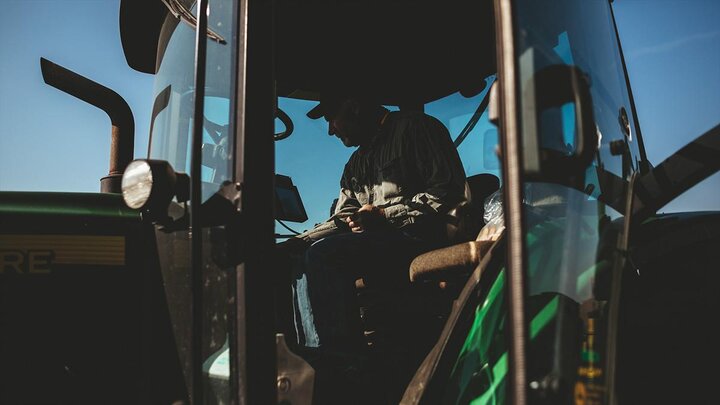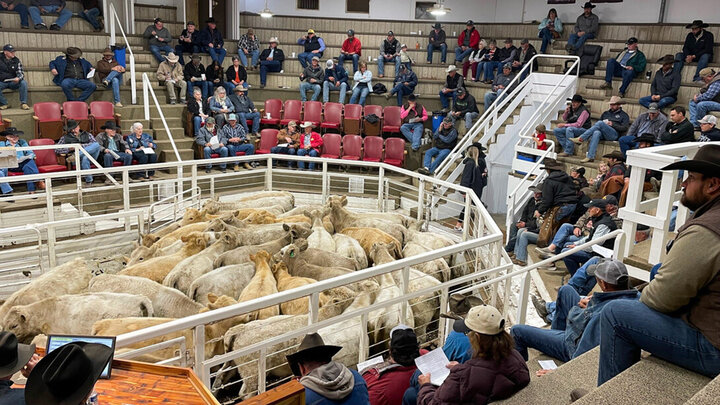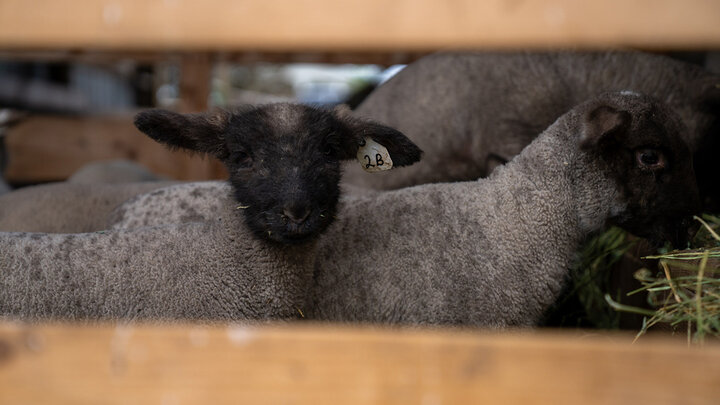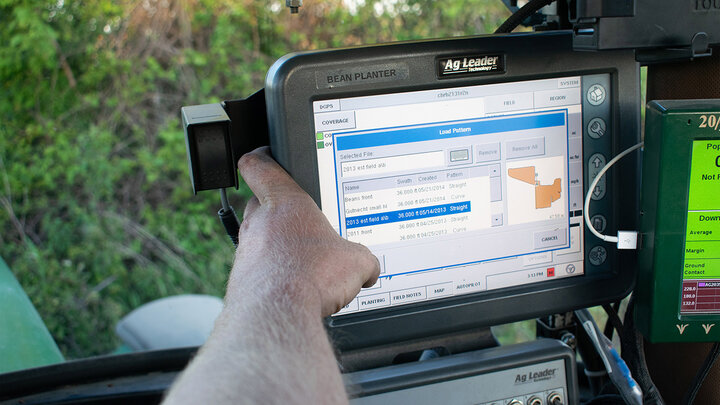Estate and transition planning often focuses on what happens to the farm or ranch at the death of a key person. However, a good estate and transition plan should also include contingencies for disability. Planning for a disability is not an easy task because the severity and duration of the disability are unknown. Here are some key items to have in place to protect you and your operation from disability:
1. A contingency plan for labor. Who will be responsible for taking on the additional work? Short-term or long-term, the work must get done. Does your operation have a contingency plan? All employees should be cross-trained in multiple roles within the operation. The operation should also be financially prepared to hire additional labor or outsource when possible.
2. An emergency fund. A disability may bring not only medical expenses but also a loss of income. Most financial advisors recommend 3-6 months of expenses saved in a liquid account for emergencies.
3. A legal entity that protects your farm or ranch assets. How is your operation protected from individual medical debt? The reality is that disability is often preceded by a medical emergency. One way to protect a farm or ranch is to organize it as its own legal entity, such as an LLC or S corporation so that creditors cannot seize the assets. If the farm or ranch is a separate legal entity, it is imperative that its bylaws are followed such as separate bank accounts and annual meetings. If a creditor sees that it is not being treated as a separate entity, they may try to seize the assets.
4. Power of Attorney. Who can make business and financial decisions? A Power of Attorney (POA) allows you to designate a trusted person (an agent) to make financial or business decisions on your behalf while you are alive but unable to make these decisions yourself. This power can be limited to specific decisions or situations, such as mental incapacity. A POA expires at death. Each member of the operation should have a POA in place.
5. Living Will or Advanced Medical Directive and Power of Attorney for Healthcare. One of the more difficult decisions to make is your wishes for medical care. In a “Living Will” or “Advanced Medical Directive” you will outline what types of medical care you want to receive when you are unable to make them yourself, such as life support. In addition to this document, you should also appoint a Power of Attorney for Healthcare. This person does not have to be the same person who you chose to handle your business affairs.
6. A buy-sell agreement with provisions for disability. What mechanisms are available to transfer after disability but before death? If you have legal documents in place that outline conditions for the sale or transfer of assets at death, make sure they also define the terms for disability. For example, a buy-sell agreement may allow a disabled person to sell assets at the time of their disability rather than waiting for death.
7. Disability Insurance. The reality is that disability insurance for farmers and ranchers may not be cost-effective. However, Social Security may provide disability benefits if you become severely disabled. In order to qualify for Social Security, you must pay Social Security/Self Employment taxes for a certain length of time. Showing little or no profit year after year means that you may not be qualifying for Social Security benefits. See if you qualify for Social Security here https://www.ssa.gov/myaccount.
Changing the legal structure of the farm or ranch business, establishing powers of attorney, and incorporating the possibility of disability into your estate plan requires professional legal assistance. Discuss these issues with your attorney and financial advisor in developing your own plan for preparing for the possibility of disability.
If you, or someone you know has become disabled, there are resources available to help you continue to farm or ranch through AgrAbility. AgrAbility’s mission is to enhance quality of life for farmers, ranchers, and other agricultural workers with disabilities, so that they, their families, and their communities continue to succeed in rural America. For this target audience, “success” may be defined by many parameters, including gainful employment in production agriculture or a related occupation; access to appropriate assistive technology needed for work and daily living activities; evidence-based information related to the treatment and rehabilitation of disabling conditions; and targeted support for family caregivers of AgrAbility customers. For more information about AgrAbility in Nebraska visit https://agrability.unl.edu.




